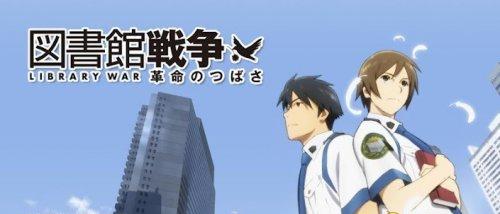
Recently, "Library Wars" author Hiroshi Arikawa published a long article on his blog calling on the education community to stop forcing children to write after reading this behavior, and this article has received a lot of support and reprints.
He made it clear in the text that forcing children to write about their feelings after reading will only exacerbate children's aversion to reading, which will not only play an educational role but counterproductive.
In recent years, some schools have also played a new trick, as an assignment requiring children to write letters to writers in school classes, and the education site seems to have implemented such a curriculum for the purpose of protecting the cultural tradition of letters.
But in fact, it was also a big mistake, and Hiroshi Arikawa said that he received a large number of such "homework letters" that even miswrote their names as "Arikawa Sue" and "Arikawa-made". The content of the letter, which can be seen at a glance, is an "essay" written by a child who has no interest in him at all to cope with homework, and he says that such a letter will only be embarrassing.
Just as forcing children to write after reading will cause children to dislike reading, asking children to write to writers who are not interested will only make children hate the writer even more.
The content sent by the children who really spontaneously write letters to the writers is completely different from these "homework letters". For children, true fan letters are things that require courage to send out, and even the first time an adult writes to a favorite writer, it takes a lot of determination, this "first time" should be a unique experience in life, he said he does not want to be consumed by the boring requirements of school.
He offers the following suggestions on how to improve:
1. First of all, it cannot be mandatory, and children are given the right to choose to participate.
2. The feelings of children should not be evaluated as qualified or unqualified.
3. Even if it is necessary for all members to participate, then those feelings that have only one sentence should also be recognized.
In the novel "Library War" written by Hiroshi Arikawa, the call for "not to oppress the future of book publishing" is embodied, and as one of the industry parties who have been oppressed by the decline in the reading population, he said that education should not be used as an excuse to erase the future of children's love of reading.
Although it is said that writing a one-board and one-glance format essay itself is to lay the foundation for writing papers in the future, Hiroshi Arikawa, as the author of many children's books and as a book lover, said that he could not bear to see children hate reading and writing because of this.